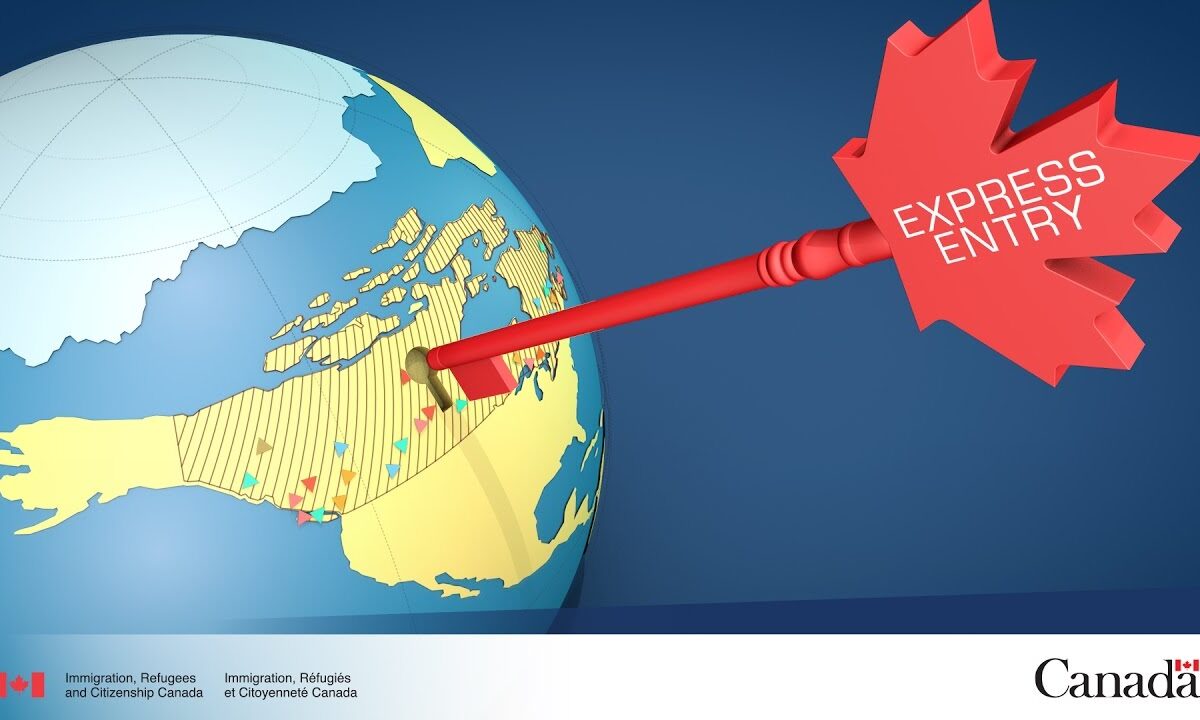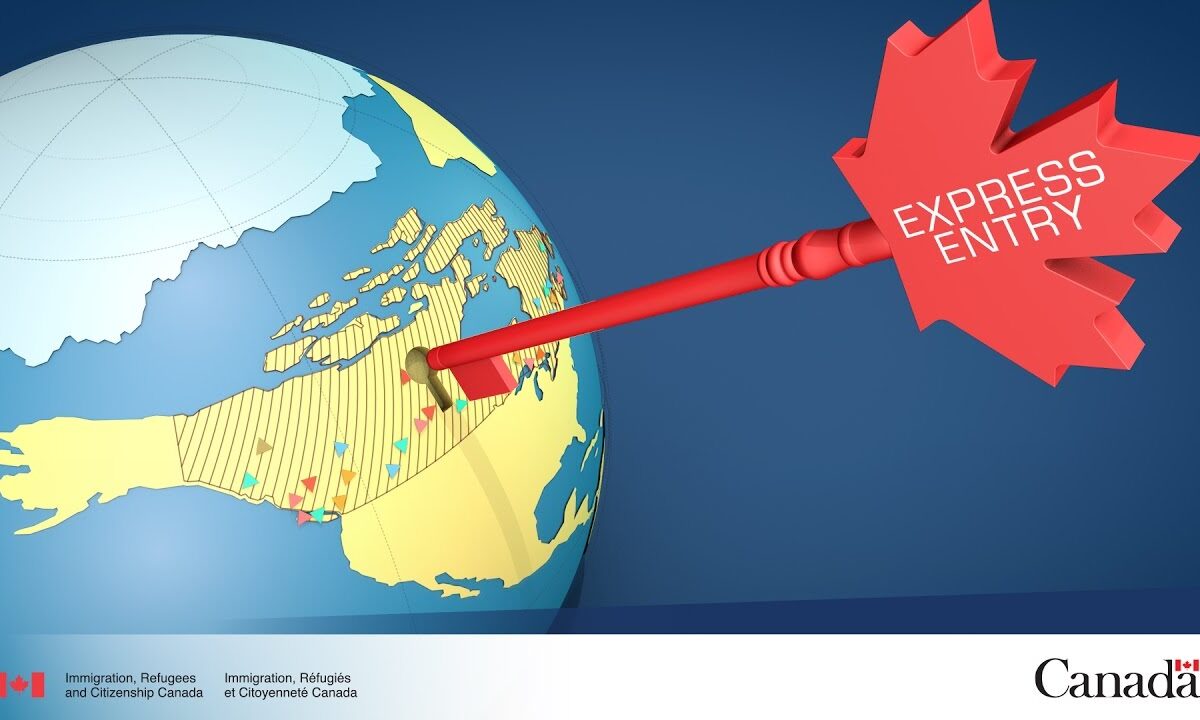A total of 4,500 candidates invited to apply for Canadian permanent residence in the Express Entry draw which took place on February 19, 2020. The cut-off CRS score in this draw was 470, a decrease of 2 points over the previous draw held February 05, 2020. Immigration, Refugees and Citizenship Canada (IRCC) has now issued a total of 14,800 Invitations to Apply (ITA’s) in 2020 through the Express Entry system.
Express Entry is the application process for skilled workers in Canada or Overseas who want to settle in Canada permanently. Interested Candidates are required to submit an online application to express their interest by creating Express Entry (EE) profile and, providing information about their skills, work experience, language ability, education and some other details. After submitting the profile, candidates get a score to determine their place in the pool using the point-based system called Comprehensive Ranking System (CRS). The CRS system considers skills, work experience, language ability, education and other factors (e.g. having a sibling in Canada, Canadian education or a valid job offer in Canada, etc.) to award points. Highest ranking candidates from Express Entry pool are regularly invited to apply for Canadian Permanent Residence. Express Entry manages applications for permanent residence under these federal economic immigration programs:
- Federal Skilled Worker Program (FSWP)
- Federal Skilled Trades Program (FSTP)
- Canadian Experience Class (CEC)
- Express Entry streams of the Provincial Nominee Programs
Contact us for assessment and more information





